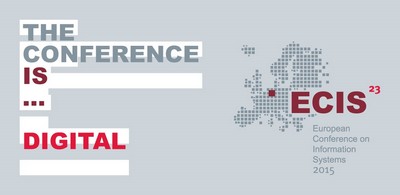DOI
10.18151/7217387
Abstract
This article extends previous empirical research on the benefits and barriers for researchers in the field of Information Systems (IS) to engage in University-Industry Collaboration (UIC), a term that is used to describe the active engagement of a company or government agency in a joint research project with academics. The objectives and motivations of UIC have been discussed widely and controversially in the literature. We were particularly interested in the perceived benefits and barriers that influence an individual researcher to engage (or not engage) in a joint research project. An in-depth literature analysis showed that a very small number of research articles contain empirical data and that there are serious methodological issues. In order to address these issues, we collected primary data from 328 IS researchers with experience in UIC and conducted an explorative study. We developed parsimonious formative measures for the benefits and barriers of UIC and we found that academic and economic benefits positively influence the intention to conduct UIC in the future, while economic barriers negatively influence the intention to engage in UIC. A cluster analysis found five clusters (groups of researchers) that differ in their perception of benefits and barriers and the future intention to conduct UIC. However, the majority of the researchers have a very high intention to conduct UIC in the future.
Recommended Citation
Kilian, Thomas; Schubert, Petra; and Bjørn-Andersen, Niels, "Benefits and Barriers of University Industry Collaborations from a Researcher's Perspective - Development of Formative Scales and Cluster Analysis" (2015). ECIS 2015 Completed Research Papers. Paper 101.
ISBN 978-3-00-050284-2
https://aisel.aisnet.org/ecis2015_cr/101


